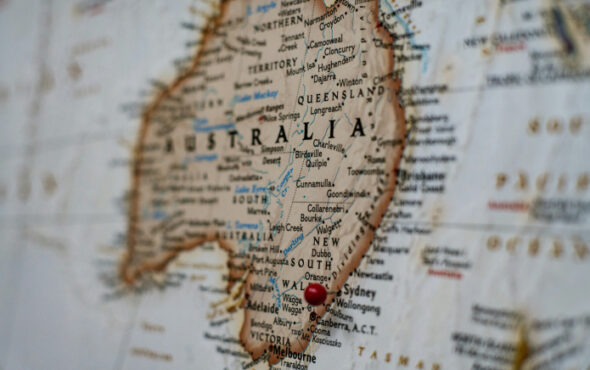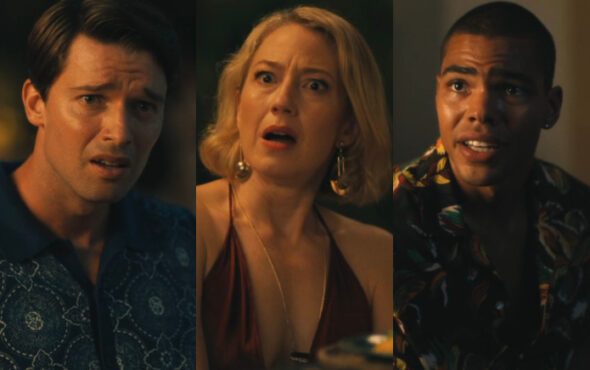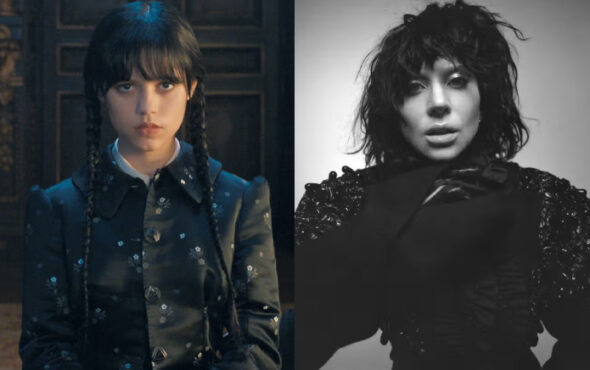
It happened more than 30 years ago, but David McMahon clearly remembers the ringleader’s words as a group of more than a dozen teenagers ambushed him and dragged him to the edge of a cliff at Sydney’s Bondi Beach.
“I’m gonna throw you over the side,” the attacker told McMahon – who is one of the few survivors to have spoken out about a series of homophobic crimes targeting gay men in the Australian city between 1970 and 2010.
A recent judicial inquiry into 32 unsolved murders of LGBTQIA+ people – mostly gay men – during that 40-year period in Sydney found signs of anti-LGBTQIA+ bias in 25 of the cases.
The New South Wales (NSW) Supreme Court judge who oversaw the inquiry, John Sackar, called for police to reopen four of the cases and reexamine a fifth.
In his report, he detailed numerous police failings in investigating the crimes, saying some members of the NSW force were “indifferent, negligent, dismissive or hostile” when dealing with crimes against gay men.
While survivors and LGBTQIA+ rights advocates acknowledge that attitudes have changed since the 1980s, the inquiry’s findings have prompted demands for a police apology – and reforms – to tackle lingering anti-LGBTQIA+ sentiment in the force.
“An apology is only words. We need action,” McMahon, who is now 58, told Openly by phone from his home in Sydney.
“Police training should be improved – back in the day it was a sport to gay-bash. The culture has changed – but there still needs to be education. There are still bullies within the police force,” he added.
State Police Commissioner Karen Webb has said “appropriate time” will be allocated to consider the report’s recommendations, but the force has so far stopped short of an apology to survivors and victims’ families.
“While I cannot undo what has occurred previously, I give you my commitment today that (New South Wales police force) is determined to uphold the policies, education, and training now entrenched in the practices of modern policing which did not exist 30 years ago,” she said in a Dec. 20 statement.
‘Shameful story’
Australia legalised same-sex marriage in 2017, and Sydney is renowned as host of the annual Gay and Lesbian Mardi Gras, one of the world’s biggest LGBTQIA+ events which attracts millions of tourists each year to its week-long festivities and events.
But Australia’s second-largest city, the capital of the state of New South Wales, was not as welcoming towards LGBTQIA+ people in the 1980s and 1990s when LGBTQIA+ campaigners say there was a culture of homophobia in the police force that led to many hate crimes targeting the community going unpunished.
Manager of the globally renowned heavy metal band AC/DC, Crispin Dye, died on Christmas Day in 1993 after being attacked near Oxford Street, home to Sydney’s main LGBTQIA+ district.
Nobody has ever been arrested in the case, and Sackar criticised the police in his report for “shambolic record-keeping”. Exhibits were lost, and Dye’s blood-stained clothing was never sent for forensic analysis, the inquiry found.
New South Wales lawmaker Alex Greenwich, the only openly LGBTQIA+ member of the state’s legislative assembly, said the findings tell “a shameful story of hatred, discrimination and indifference towards LGBTIQ+ people in NSW police and the wider community that led to violence, murder and the denial of justice”.
Greenwich urged lawmakers to back his LGBTIQA+ Equality Bill as a way to protect gay, bisexual and transgender Australians from persistent discrimination, which he says is still embedded in a number of laws.
Sackar’s report made 19 recommendations, including a review of all unsolved homicides in the state between 1970 and 2010, as well as enforcing mandatory LGBTQIA+ bias training for all police officers.
Nicolas Parkhill, CEO of ACON (Aids Council of NSW), said an apology from the police would only be meaningful for the community if reforms were implemented.
“Acknowledgements of shortcoming (must be) paired with actions that address these failings,” he said.
Historian and former University of Sydney academic Garry Wotherspoon, who has researched the use of entrapment by police to target gay men, said he had only “faint hope” that there had been significant changes to the homophobic police culture highlighted in the inquiry.
“Are the police any better today? Ask me in five or 10 years,” he said.
Reporting by Gary Nunn in Sydney.
GAY TIMES and Openly/Thomson Reuters Foundation are working together to deliver leading LGBTQIA+ news to a global audience.



